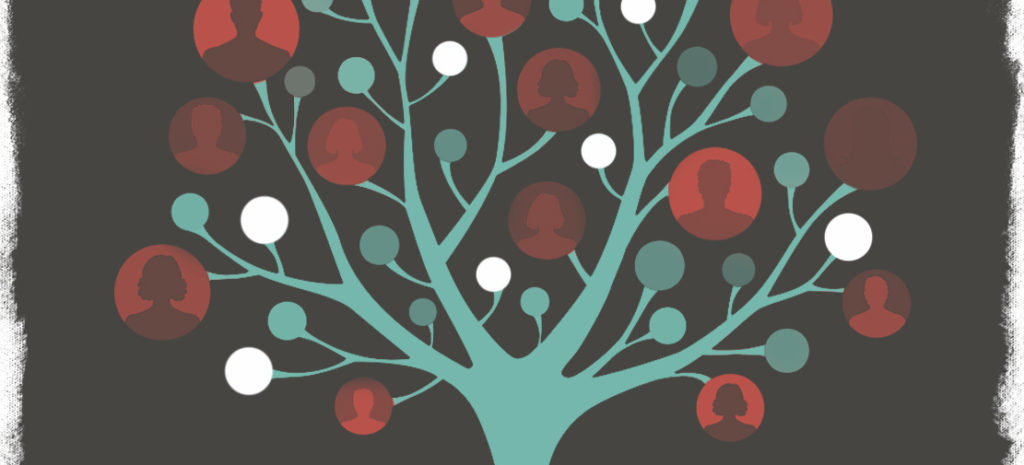Alan Daly places the quality of human relationships in the heart of learning ecosystems
Learning ecosystems are social infrastructure formed by diverse actors that share a purpose, and engage in collaboration to co-design and co-implement innovative responses to existing social and educational challenges. Learning ecosystems provide a new understanding of education from a ecosystemic perspective of actors and their relationships; challenge traditional organizational boundaries while providing place-based focus on local schools, neighborhoods, cities, or transnational networks; are based on systemic and cross-sectorial collaboration; and pursue systemic impact.
Díaz-Gibson et al., 2020.

We understand Social Capital as the resources embedded in social relations which can be mobilized when an actor wishes to increase the likelihood of success in purposive action. Social Capital is concerned with the resources that exist in social relations between individuals as opposed to the resources of a specific individual. A community that moves forward through social problems is in some ways better interconnected.
Lin, 2001– Burt, 2001.

The Leadership of Learning Ecosystems is based on cultivating and weaving place-based learning ecosystems, challenging a traditional “silo” culture by thinking and acting ecosystemically; building trusted, purpose-driven, and empathic relations across the diverse actors within and beyond schools, organizations and communities; and facilitating meaningful and collaborative interactions that provoke systemic impact, disrupt existing practices, and enhance learning opportunities for all.
Díaz-Gibson et al., 2020.
